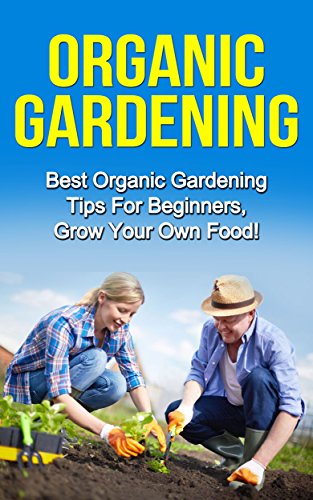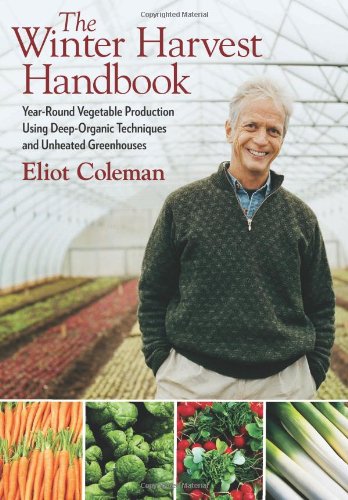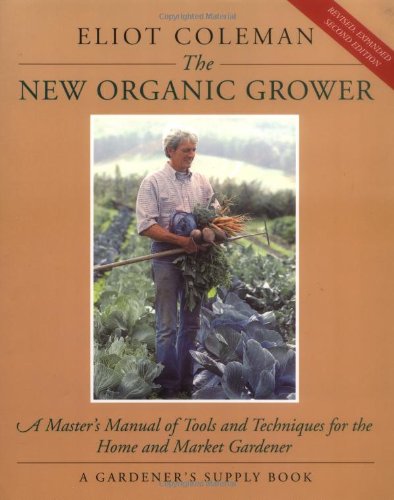
Organic Gardening: Best Organic Gardening Tips for Beginners. Grow Your Own Food! (Gardening Techniques, Health, Ecology, Organic Farming, Growing Vegetables, Healthy Food, Healthy Diet)
#1 Kindle Bestseller In Its Category! Over 2000 Downloads In 5 Days! Is your health and the wellness of the whole planet important to you? Learn how to boost both with these organic gardening techniques! Do you often feel that products you are buying in the supermarket aren’t really what we would call “food” 100 years ago? That the things we eat and feed our children are far from optimal and possibly harmful? Well, there is a solution for all that – just start an organic garden! No matter whether you don’t have enough money to afford an all-organic diet and just want to save big buck or see your food being grown and feel the real connection to earth, an organic garden is the way to go. Setting one up isn’t really that big of a deal. However, most people even if they want to do it don’t know where to start and end up doing nothing and eating the same harmful, toxic foods over and over again. Don’t be one of those guys! If you are reading this than you probably don’t want to feel “well, okay I guess…”, but to be vibrating with energy and vitality! Nowadays we are being told over and over again that the absence of disease is health. And I say that this but a prerequisite to real, robust health. Which one you want to have? How to Set Up a Plentiful Organic Garden?1. Get Perspective – Your Current Diet Is Probably NOT Healthy 2. Find the Best Spot 3. Prepare the Soil 4. Plant Seeds 5. Nurture and Protect Them 6. Harvest Your Own Delicious, Healthy and Nutrient Dense Food! This book will provide you with every information you will need to set up an organic garden. You can also apply the information to start a box-garden inside of your house if you live in colder climate, don’t have a backyard or just prefer it that way. Why Use My Book? Because It Will Teach You:New perspectives on food that will put you in a place of health, not diseaseWhat tools will be needed to start your organic garden so that you can start immediately and avoid procrastinationHow to set up your garden from the beginning with a step by step processGetting more and more nutrients into the soil so your food will be dripping with them!How to protect your garden from pests and other unwanted elements to enjoy your harvest to the fullestAnd much, much more!This is NOT a stuffy, lengthy university book. All content is straightforward and written in plain English. This guide is easy and fun to read, but most importantly easy to implement and start reaping the benefits. Take action today and download this book for a limited time discount of only $0.99! Scroll to the top to download this Kindle book now!


